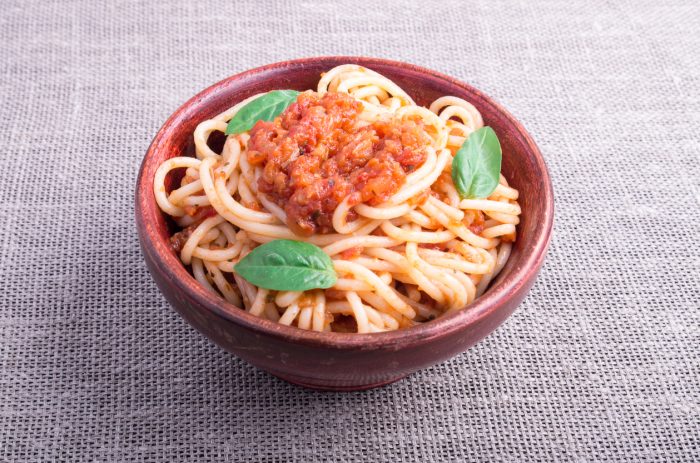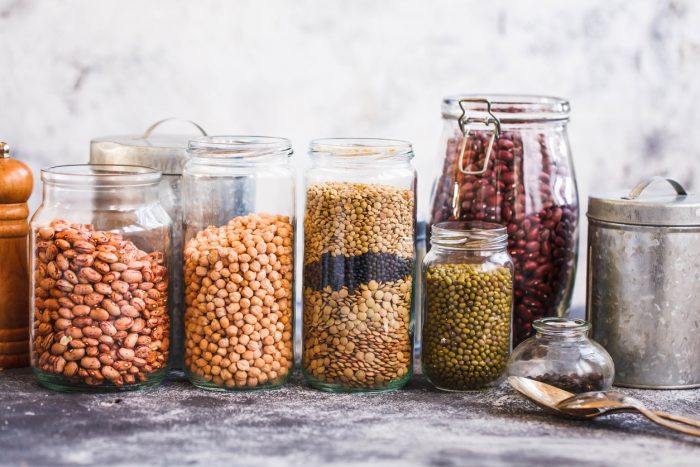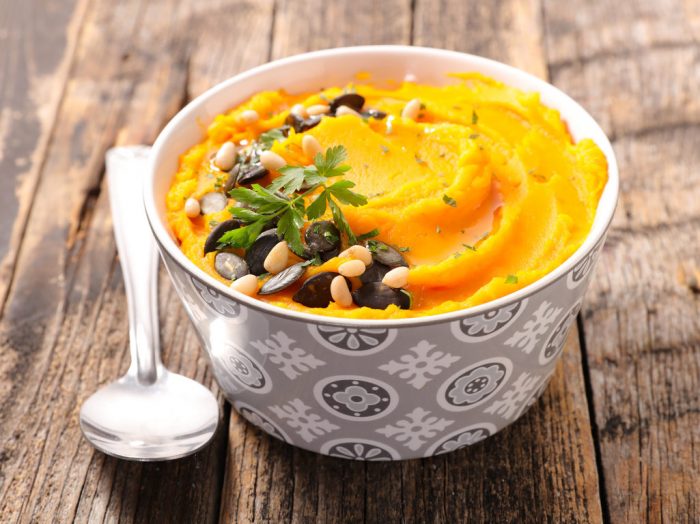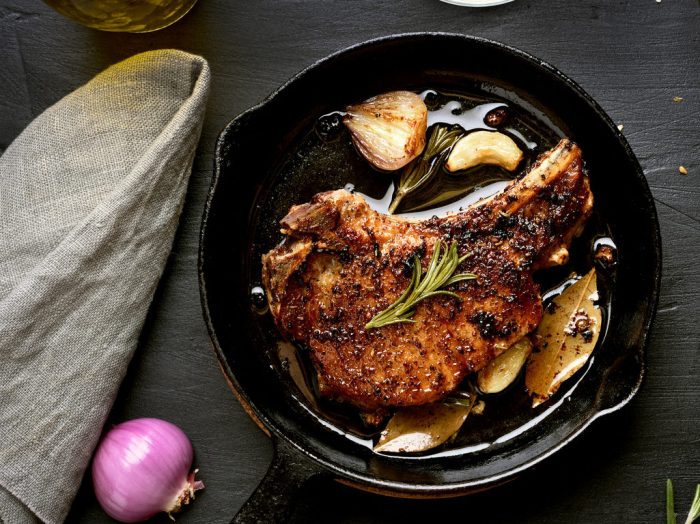If you have a swollen belly after eating, you are definitely suffering from a bad case of bloating. How do you eliminate bloating and go on with your day after a meal? There are a few strategies you might like to try!
Bloating is usually caused by excess gas production or disturbances in the movement of the muscles in your digestive system. And it’s not something very pleasant, because of the increased pressure and discomfort you’re feeling, not to mention the unappealing look of your bigger stomach.
The cause of bloating is mostly your diet and some foods or ingredients you are intolerant to. So, for the sake of your well-being, it’s great to look at ways to eliminate bloating from your life. Here are some of them!
Don’t forget: if the issues persist, it’s best to see your doctor and make sure you don’t have a serious medical condition impacting you.
10 strategies to eliminate bloating
1. Don’t eat too much
A copious meal is a surefire way to feel bloated, stuffed, and uncomfortable. This happens either because you were very hungry or because you were craving the food you ate. Try eating in a more mindful way, carefully and slowly chewing your food, enjoying every bite and trying to feel when you are satisfied. Then stop.
If you chew your food better, then you swallow less air with every bite – the air you ingest is one of the leading causes of the bloated feeling.
Or try to have smaller portions and if you still feel hungry afterward, grab yourself a healthy snack. If you eat smaller meals and still feel bloated, then you have a tendency for that.

2. Think of food allergies or intolerances
These are pretty common. If you are intolerant of certain food types, like wheat and gluten, dairy products, fruits, or eggs, then your body produces too much gas, bloating, and other symptoms. So try to take them one by one and observe how your body reacts to these foods. That should give you a clear indication if you’re intolerant of lactose, fructose, egg or gluten. It’s also good to see a doctor and confirm your findings in an official, medical way.
3. Avoid gases
We already talked about how you should avoid swallowing air – which is what happens when you eat too fast or too much, or when you eat while talking. You should also steer clear of the gas in carbonated beverages like soda. They contain bubbles with carbon dioxide, a gas which reaches your stomach and separates from the liquid. You can swallow air also when you drink through a straw or when you’re chewing gum, so eliminate those from your life – if possible.
4. Avoid foods that give you gas
There are some high fiber foods which can give you gas, like whole grains, beans, and lentils. Another possibility is that you get bloated by eating fatty foods. Because they slow down our digestion. You can figure out if you’re affected by these by keeping a food journal.

5. Try a diet for IBS
You might be suffering from IBS or Irritable Bowel Syndrome, one of the most common digestive disorders in the world. According to the National Institute of Diabetes and Digestive and Kidney Disease, about 14 percent of the population suffers from it. Along with bloating, the symptoms include abdominal pain, discomfort, diarrhea and/or constipation. Most IBS patients rate bloating as their worst symptom.
If you’re experiencing excessive bloating, you might be suffering from IBS too. Symptoms in IBS patients can be exacerbated by indigestible carbs called FODMAPS, which stands for Fermentable, Oligo, Di-, Mono-saccharides, and Polyols. You can try having a low-FODMAP diet, which means you should avoid wheat, onions, garlic, broccoli, cabbage, cauliflower, artichokes, beans, apples, pears, and watermelon.
6. Don’t use artificial sweeteners
Sugar-free foods and chewing gums have sugar alcohols in them, which may cause digestive problems. They are digested by the bacteria in the large intestine, which in turn produces gas. Don’t buy any product which as xylitol, sorbitol, and mannitol on the label and you’re on your way to eliminate bloating.

7. Get rid of constipation
Constipation can often worsen the symptoms of bloating. A solution is eating more foods rich in soluble fiber like oatmeal, nuts, beans, apples, and blueberries. Other tried and tested solutions are getting more exercise every day and taking some magnesium supplements.







#7 and #5 are contradictory